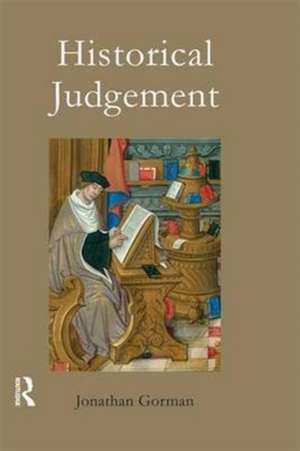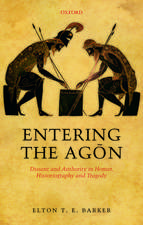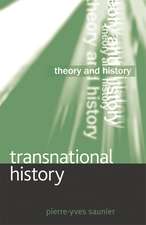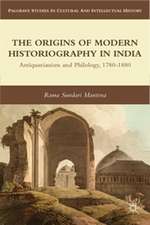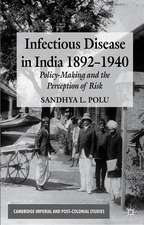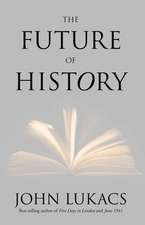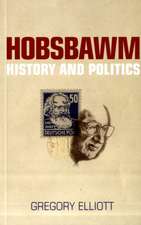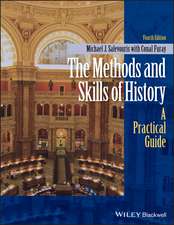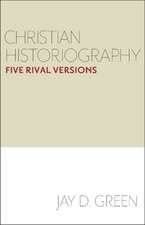Historical Judgement
Autor Jonathan Gormanen Limba Engleză Hardback – 5 dec 2007
| Toate formatele și edițiile | Preț | Express |
|---|---|---|
| Paperback (1) | 247.40 lei 6-8 săpt. | |
| Taylor & Francis – 5 dec 2007 | 247.40 lei 6-8 săpt. | |
| Hardback (1) | 764.20 lei 6-8 săpt. | |
| Taylor & Francis – 5 dec 2007 | 764.20 lei 6-8 săpt. |
Preț: 764.20 lei
Preț vechi: 1102.79 lei
-31% Nou
Puncte Express: 1146
Preț estimativ în valută:
146.23€ • 156.37$ • 121.92£
146.23€ • 156.37$ • 121.92£
Carte tipărită la comandă
Livrare economică 17 aprilie-01 mai
Preluare comenzi: 021 569.72.76
Specificații
ISBN-13: 9781844651092
ISBN-10: 1844651096
Pagini: 320
Dimensiuni: 156 x 234 mm
Greutate: 0.45 kg
Ediția:New.
Editura: Taylor & Francis
Colecția Routledge
Locul publicării:Oxford, United Kingdom
ISBN-10: 1844651096
Pagini: 320
Dimensiuni: 156 x 234 mm
Greutate: 0.45 kg
Ediția:New.
Editura: Taylor & Francis
Colecția Routledge
Locul publicării:Oxford, United Kingdom
Cuprins
Acknowledgements 1. The argument 2. The philosophy of a discipline Respect for historiography Modelling a discipline: the truth of historical theory Description and prescription Justification in the second-order context: Popper and Hempel Justification in the second-order context: Kuhn Rival historiographies of science 3. Writing the history of historiography Historiography of historiography: prior considerations Our primary sources Our use of primary sources Choices and questions Character and consensus Historiography of historiography Historians' self-understanding 4. Pragmatic postmodernism Postmodernism Commonsense and experience: Hume Quine as postmodernist The costs of belief Quine not postmodern enough 5. The room for judgement Narrative truth A fancy view of truth Holistic choice Structuring factual synthesis Moral judgement in historiography Notes Bibliography Index
Descriere
The historical profession is not noted for examining its own methodologies. Indeed, most historians are averse to historical theory. The author's response to this state of affairs is to argue that if we want to characterize a discipline, we need to look to persons who successfully occupy the role of being practitioners of that discipline.
